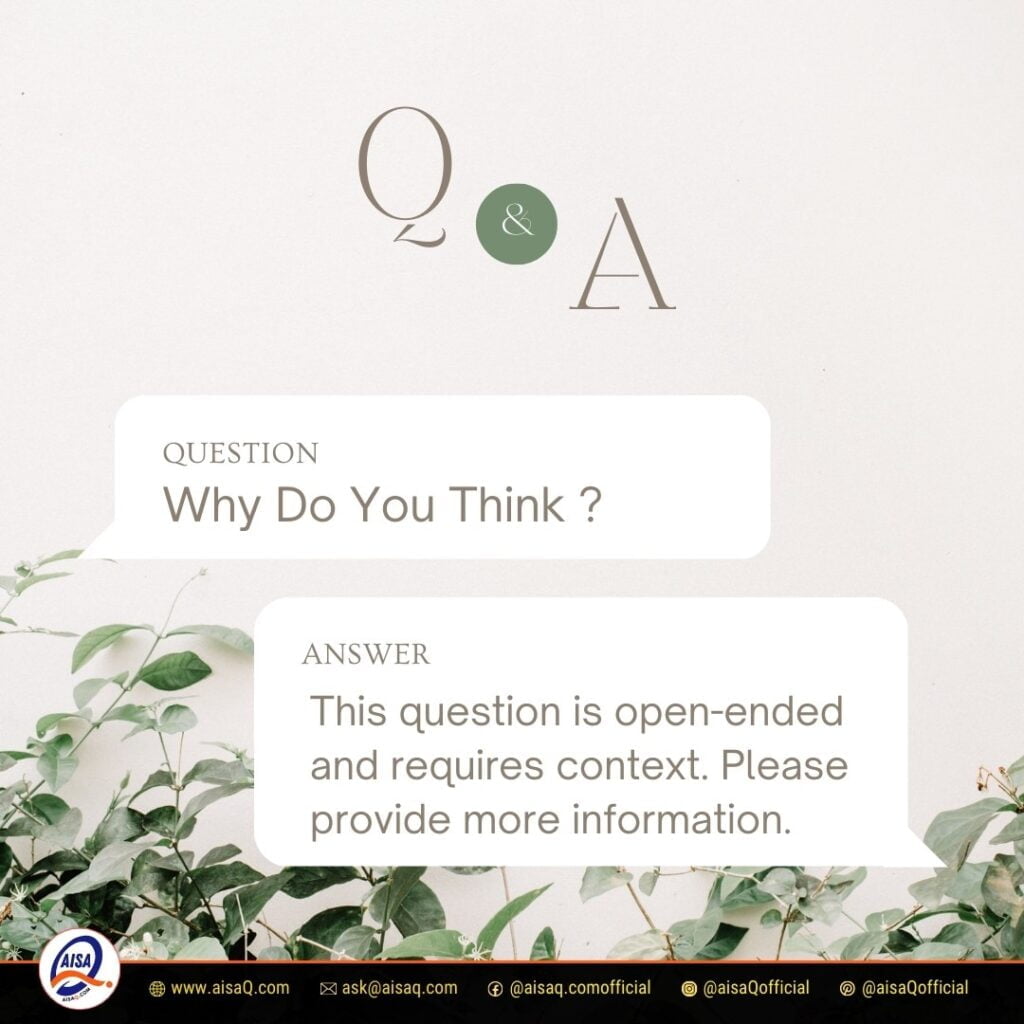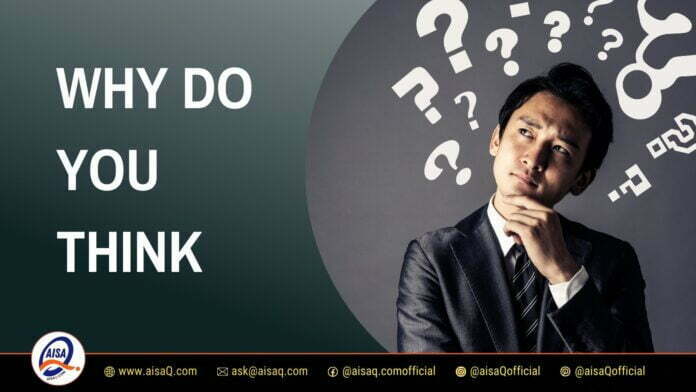Table of Contents
Why Do You Think?
Have you ever wondered why some people seem to have a natural talent for problem-solving, while others struggle to make even the simplest decisions? The answer lies in the power of critical thinking, a fundamental skill that helps us make better choices in life. But what exactly is critical thinking, and why is it so important? In this article, we will explore the meaning of critical thinking, its benefits, and how you can develop this essential skill in your life.
The Meaning of Critical Thinking
Critical thinking is the ability to analyze, evaluate, and interpret information to form a well-reasoned judgment or decision. It involves careful observation, reflection, and analysis of a situation or problem before arriving at a conclusion. Critical thinking is not just about thinking logically but also involves creativity, intuition, and judgment. By developing this skill, we can make better decisions in life, solve problems more effectively, and avoid common cognitive biases that can lead to poor decision-making.
Benefits of Critical Thinking
There are many benefits to developing critical thinking skills. Here are some of the most significant advantages:
- Better Decision-making: By applying critical thinking, we can make informed decisions based on facts, evidence, and logical reasoning.
- Improved Problem-solving: Critical thinking helps us to identify and evaluate alternative solutions to problems, and choose the most effective one.
- Avoiding Cognitive Biases: By being aware of our biases, we can avoid making decisions based on preconceived ideas or emotions.
- Enhanced Creativity: Critical thinking can help us to generate new ideas and perspectives, leading to increased creativity and innovation.
How to Develop Critical Thinking Skills
Here are some effective ways to develop critical thinking skills:
- Ask questions: Asking questions can help to clarify your understanding of a situation or problem and reveal hidden assumptions.
- Evaluate Information: Critically evaluate the reliability and validity of the information before accepting it as true.
- Consider Different Perspectives: Be open to different perspectives and opinions, and consider how they may influence your thinking.
- Avoid Jumping to Conclusions: Don’t make assumptions based on limited information. Take time to gather and analyze all available data.
- Practice Reflection: Take time to reflect on your thinking and decision-making processes, and evaluate how you can improve them.
FAQs

Why is critical thinking important?
Critical thinking is essential for making informed decisions, solving problems, and avoiding cognitive biases.
Can critical thinking be taught?
Yes, critical thinking is a skill that can be developed through practice and reflection.
What are the characteristics of a critical thinker?
A critical thinker is open-minded, curious, reflective, logical, and willing to consider different perspectives.
Why Do You Think?

Humans are able to think because their brains are very complex. Our brains are made up of many tiny parts called neurons that communicate with each other using electrical and chemical signals. This helps us process information and make decisions based on what we know and what we have experienced.
Thinking is really important for humans. It helps us solve problems, make choices, be creative, and learn new things. Our thoughts help us understand the world around us and come up with new ideas.
Lots of things can influence the way we think, like our genes, the environment we grow up in, our education, and our personal experiences. All of these things shape the way we think and what we believe.
In conclusion, being able to think is a big part of what makes us human. It lets us make sense of the world and come up with new things.
Conclusion
Critical thinking is a powerful tool that can help us make better decisions, solve problems more effectively, and avoid cognitive biases. By practicing the skills and techniques discussed in this article, you can develop your critical thinking abilities and improve your decision-making processes. So, why do you think? Start thinking critically today, and reap the benefits in your personal and professional life.


